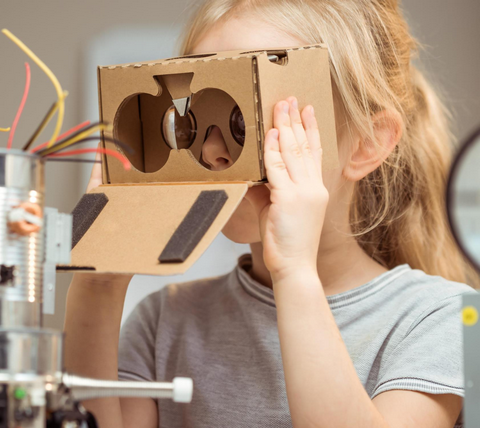About IGE
In social traffic, people communicate with each other within their social context, taking on roles and fulfilling functions as they interact on topics and themes. The participants’ use of language and the way they relate to each other in a communication process determine their identity as well as the discourse, the narrative in which they are subjects and in which they give meaning to what they say.
Through topic, context and by who is involved in a conversation, conventions and rules emerge that become signposts in the sky and determine the course of the game. Interacting in society, playing this narrative game, also changes the identity of the individual as if he were a ship from Theseus that is constantly being replaced on the parts.
Communication takes place digitally, or analogously, informally or formally, happens physically, on paper or with the help of technology. Artificial tools have become important and large organizations and institutions are often dominant as digital players. To the opposite, the position of human beings in digital social traffic is becoming smaller. Digital information about what has been discussed and what concerns his identity is getting at a distance. To see his own data, a person often has to search for it at institutions and organizations. His medical identity, for example, is kept in an electronic patient file that is held, amongst others, partly by the GP, partly by the pharmacy, partly by his dentist and partly by the hospital. So is much of the information that concerns a person and his situation, it is stored at the bank, insurer, pension fund, asset manager or at his employer. It is nearly always necessary to log in somewhere at an institution or company to find out something about one’s identity. And often the information there is hardly insightful.
The individual is legally entitled to his information. According to us, a person deserves a more central position in his information and relationship network. His data should be easily accessible to him depending on rules agreed to apply to it. In digital communication environments, individuals should be able to better play the game depending on their role and the purpose, in accordance with agreed rules, being artificially assisted with intelligent technology on their smartphone or tablet.
Our Dedicated Team
Specialized in communication, processes, software development and entrepreneurship

Christian Kupka
- Business consultancy and blue printing
- Communication and process modelling

Jos Bischoff
- Software and business development
- Execution of business models

Eric Loos
- Initiation of business models
- Legal, finance and governance
Address
IGE – B.V.
Berensbergstraat 3
6295 AE Lemiers (NL)
The Netherlands
website@ige-it.com

